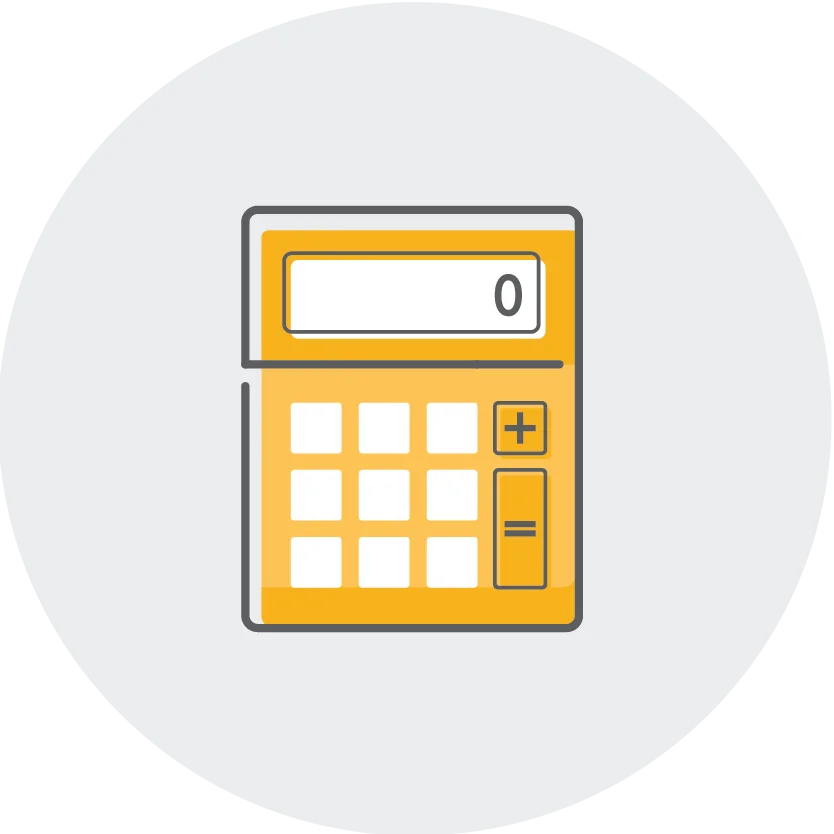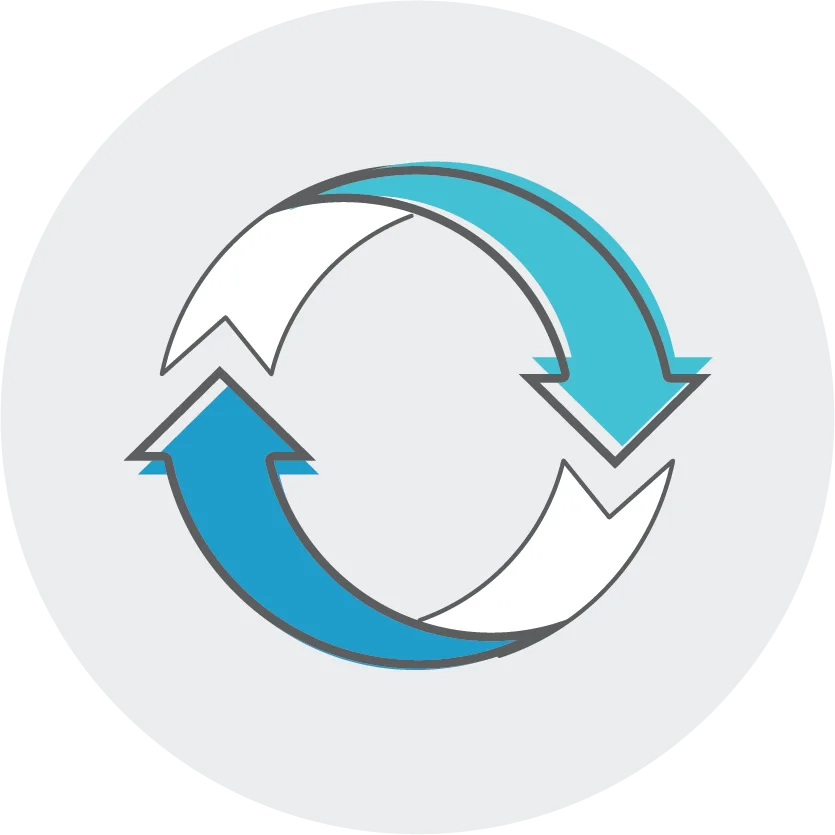Most Americans carry a burden of debt. Monthly expenses from credit cards, student loans, automobile loans and personal loans can feel overwhelming. For many, making minimum monthly payments is ultimately setting them up to pay thousands in interest. As average mortgage interest rates decline to record lows, many homeowners are taking advantage of the benefits a refinance can provide. Many borrowers consider the opportunity to consolidate debt and reduce monthly expenses as a major benefit of refinancing.
Frequently Asked Questions
If you are a current homeowner, there is a strong possibility that you could save with a refinance. Review this guide to learn more about the ways a refinance mortgage loan can help you consolidate debt.
What Are the Common Types of Debt and How Can Your Mortgage Help You Consolidate It?
The most common types of debt are credit card debts, medical debts, student loan debts and auto debts. Most of this debt represents daily purchases that are essential for everyday life, unfortunately it all adds up. Credit cards are quickly becoming the preferred method of payment among American consumers. Although credit cards are convenient, feel safer than carrying large amounts of cash and often offer attractive rewards incentives, most credit cards can lead you to a vicious cycle of never ending debt.
Personal loans can help you consolidate debt, however many personal loan programs often come with hefty fees. Luckily, as a homeowner you have access to an asset that could help you get out of this vicious cycle. If you are a current homeowner struggling with unsecured debt, a refinance may be a good opportunity to help you consolidate your debt, stop paying extreme interest rates and potentially lower your monthly expenses over time.
What Is a Mortgage Refinance?
A refinance is a new mortgage loan that replaces your current mortgage loan. A refinance is not an additional loan or lien on your property. Refinance mortgages are only available to current homeowners because this type of loan is in exchange for a new loan. Often the new refinance mortgage will have a different rate, duration, or format type than a borrower’s current mortgage loan. For example, is it common for a homeowner to transition from an adjustable-rate mortgage to a fixed-rate mortgage or from a 15-year term to a 30-year term.
How Can Interest Rates Affect Your Ability to Pay Off Debt?
Large expenses related to medical bills or emergency purchases can easily be put on a credit card. Smaller daily expenses such as gas or lunch when made with a credit card are fast and easy. Many consumers are only able to make minimum monthly payments towards their growing credit card balances each month. The debt continues to grow as more purchases are made.
The average interest rates on most personal credit cards is anywhere from 15 – 21%, and depending on your credit history your interest rate could be even higher. Many private student loan programs also charge interest rates of up to 14%. Often minimal monthly payments are first applied to paying interest and then are applied to reducing the principal debt. Quite simply, this means you keep paying, but the burden never seems to get smaller.
Mortgage interest rates are at three-year lows. Even at their highest point in the last ten years, mortgage interest rates have not exceeded 5%. Using a refinance to consolidate debt can be a smart financial strategy.
What Types of Refinance Mortgage Programs Are Available?
There are two types of refinance mortgage loans, a rate and term refinance and a cash-out refinance. Mutual of Omaha offers both of these refinance loan types and can help you understand which is best for your personal and financial goals. As its name suggests, a rate and term refinance mortgage loan typically alters the interest rate or the overall expected number of months or years during which you will make mortgage payments.
A cash-out refinance is a slightly different program compared to a rate and term refinance. A cash-out refinance provides a unique benefit that has helped many homeowners capitalize on using their equity to their advantage. Although a cash-out refinance can also provide a change in your current rate and mortgage term, the key differentiator is the total loan amount compared to the remaining amount you currently owe on your mortgage. The total loan value of a cash-out refinance will be for a greater amount than your current loan. The difference frees up a portion of your existing home equity in cash, which is how a borrower receives, “cash-back”. The cash a homeowner receives at the successful completion of their cash-out refinance process can be used to pay off credit card debt, cover large medical expenses, complete home renovations, cover college tuition or related bills or even offset the cost of a wedding.
Both a rate and term refinance and a cash-out refinance are viable programs that offer homeowners with an opportunity to reduce monthly expenses, adjust their mortgage to fit new financial needs or get access to liquid funds.
How Can a Refinance Help Consolidate Debt?
A refinance mortgage loan, whether it is a rate and term refinance or a cash-out refinance has the potential to save you money and help you consolidate unsecured debt. A cash-out refinance, specifically, can help you take a lump sum payment and pay off major debt like revolving credit card balances. Additionally, unlike a second mortgage or a personal loan, a cash-out refinance does not add an additional bill to your monthly expenses.
Most lenders require that a homeowner have at least 20% of established equity in their home and have successfully completed a minimum of 6 months of mortgage payments. As you pay down your mortgage you build equity. The equity you establish in your home allows you to access liquid assets.
If you complete a cash-out refinance, when you make your mortgage payment, essentially you will also be paying down your credit cards. Instead of balancing multiple cards with multiple due dates and aggressive interest rates, you have the ease of making one monthly payment at a lower and more affordable interest rate. The average American has four personal credit cards with varying interest rates. Mortgage interest rates are typically 3% – 5% compared to credit cards interest rates which can exceed 21%. As mortgage interest rates remain near record lows, as a homeowner not only could you consolidate your credit card and other major debt into one payment, but you could also save thousands on interest.
Connect With a Trusted Mortgage Advisor & Learn More About the Refinance Process
Refinancing your mortgage can help you get closer to achieving your personal and financial goals. Before beginning the process, you’ll want to evaluate your budget and determine your priorities. An experienced and licensed mortgage professional can help you to better understand the factors involved in the refinance loan process and how different refinance loans can benefit you. The trusted mortgage advisors of Mutual of Omaha have helped thousands of homeowners capitalize on a savings opportunity with a refinance mortgage loan. Contact a trust loan professional with Mutual of Omaha today to learn more about the benefits a mortgage refinance can provide you. Get started today!











